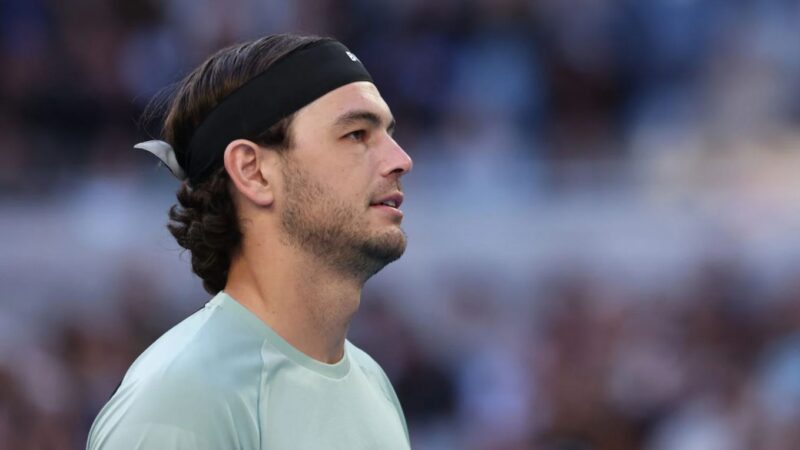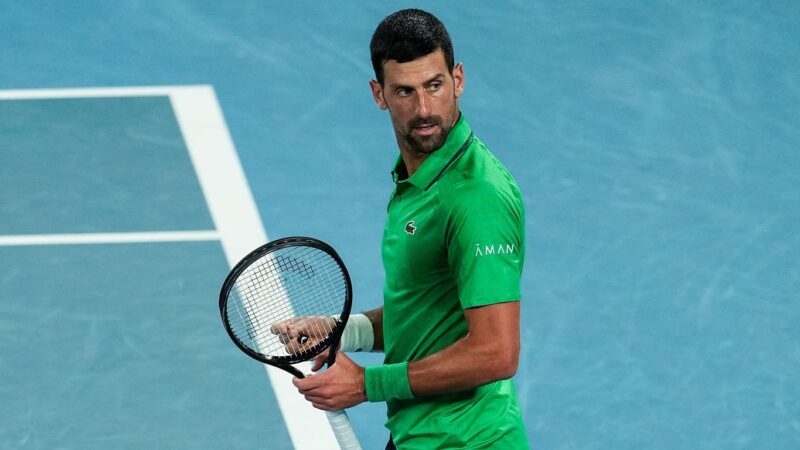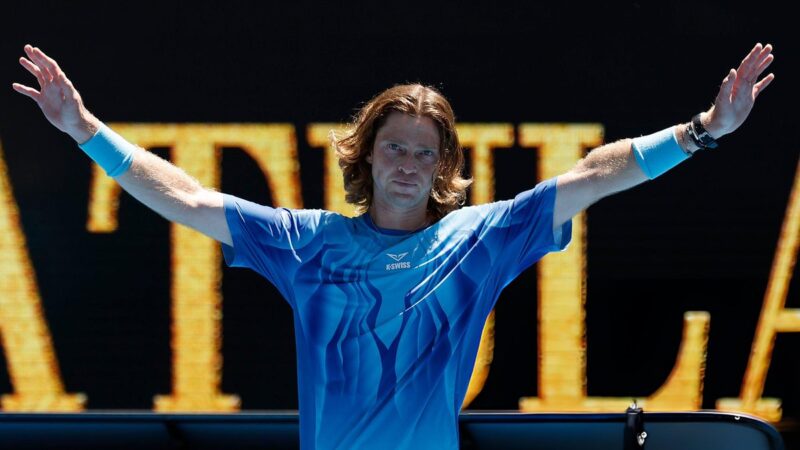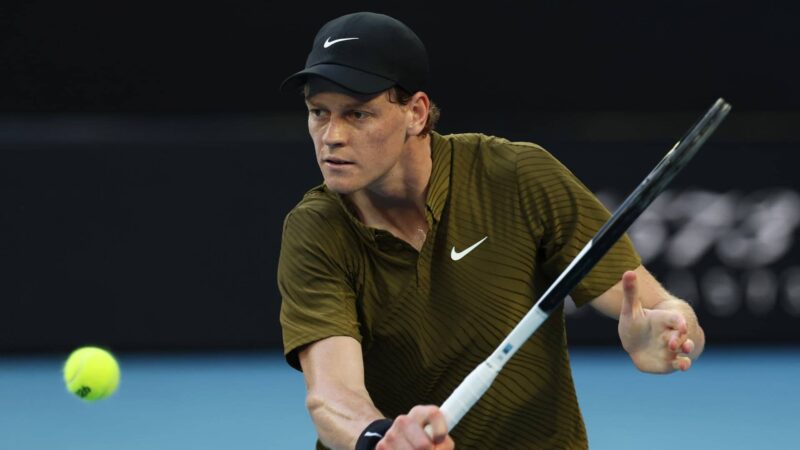“Nine days, not twelve”: Draper reveals the simple fix that could save the tour

Jack Draper has spent the past few months on the sideline nursing an elbow injury, but his voice feels louder than ever.
There’s a certain clarity that comes from stepping outside the grind, the way noise settles when you finally close a door. And in Draper’s case, that quiet has sharpened his view of a sport that he believes is veering dangerously off track.
Talk to him for even a few minutes and you hear a young player who isn’t interested in the usual platitudes. Draper cuts straight to the point. The ATP and WTA calendars, ballooned Masters 1000 tournaments, the thinly stretched human beings trying to survive both. He’s done tiptoeing around it.
“I think it’s now up to the players to stop talking about it all the time and actually take some action,” he said on The Tennis Podcast recently. It’s not a warning so much as a plea — and it comes from someone who knows exactly what the constant treadmill feels like.
The 12-day Masters events, once adopted as a way to boost revenue and “give back to the players,” have become, in Draper’s telling, the structural flaw that is draining the sport’s vitality.
He respects the intention. The execution, though, has left players drowning in requirements.
“They’ve added an extra, say, 21 days onto an already really packed schedule. The Slams have also added days. That’s a different topic, but it just seems like there are more requirements for players. There’s more punishment.”
He’s talking about the bonus pool — a system that punishes injured players by cutting their earnings for each missed event.
“If a player were to go out and have a really bad injury, there’s no protection. They’ll lose 25 percent of their bonus pool for each event they missed.” Draper has lived that reality this year. “Say this year, I’ve missed three events. I won’t get any of one-half of the bonus pool.”
It’s the kind of detail that rarely makes the spotlight but quietly shapes how players choose their tournaments, their recovery windows, their sanity.
Draper describes the 12-day stretch as something heavier than just fatigue. The calendar now feels less like a tour and more like a conveyor belt of big events — no breath, no space, no balance.
“It’s not healthy,” he says. The grind isn’t only physical. It’s existential. “There’s so much dead time, there’s so much waiting around.” The emotional erosion of that waiting, that suspended living, is hitting players harder than fans realize. “You’re seeing a lot of players come out to talk about mental health, talk about that kind of feel-nothing factor.”
Yet Draper isn’t here to simply diagnose the problem. He’s offering a cure and a surprisingly modest one. He wants to see Masters 1000 tournaments shortened again, trimmed back into something more sustainable.
“I would like to see it potentially go down to nine, 10, 11 days, and I think that is really a possibility.” It’s not a radical overhaul; it’s a recalibration, a way to give players “more time to prepare for tournaments, more extra days to not be on the road all the time.”
The catch, of course, is money. Shorter tournaments mean less revenue. Draper doesn’t sugarcoat that. Instead, he leans directly into it.
“I would take a cut of that bonus pool to make it back to what it wants to be.” He frames it as a reality check. If players want real reform, they can’t cling to every dollar. “They can’t have their cake and eat it.”
There’s something quietly mature in his framing. Not rebellious, not utopian, just honest.
The ATP, in his view, “have tried to do a really good job here and put the money in the players’ pockets, but it’s backfired and players hate it.” So what’s the “happy medium”?
Draper sees it clearly. Restore a leaner Masters format and introduce an off-season long enough for players to actually feel human again. “In terms of an off-season, I’d say a month and a half would be more than enough.”
The subtext of Draper’s argument is almost nostalgic. Tennis, he suggests, has lost its rhythm. There are tournaments everywhere, every week, competing for attention like overlapping radio stations.
“Every week there’s a different match on, there’s a different tournament. You can’t follow it because three different places there’s events.”
What he’s really advocating for is scarcity. Not less tennis, but more meaning. A structure that allows anticipation to return. “I’d want it to be more like more build-up. Like you’re waiting for the next event.”
For all the noise surrounding tennis governance — lawsuits, power struggles, revenue battles — Draper’s proposal feels refreshingly simple. Nine days, not twelve. A real off-season. Breathing room for the athletes who carry the sport.
Sometimes the fix doesn’t need to be complicated. It just needs someone brave enough to say it out loud.






